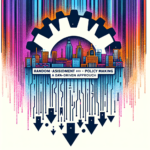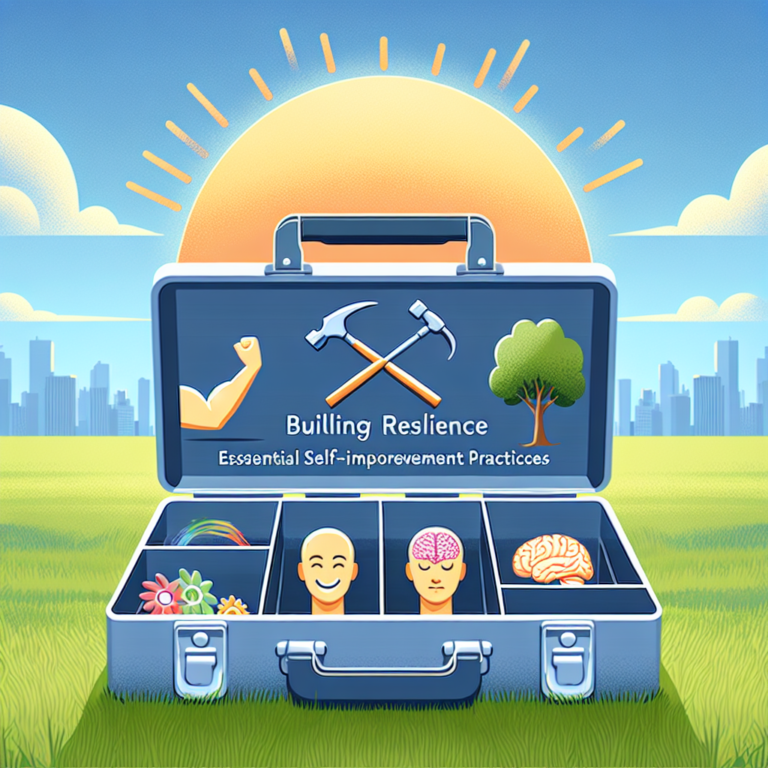
Are You Being Manipulated? Key Indicators of Emotional Control That Empower You
Introduction
In a world where interpersonal relationships are at the core of our existence, understanding the dynamics of emotional control is more crucial than ever. Manipulation can be subtle and insidious, creeping into our lives when we least expect it. Have you ever felt an inexplicable sense of unease, as if someone is pulling your strings? If so, you’re not alone. The question we should ask ourselves is: Are you being manipulated? Key indicators of emotional control can help us discern if we’re caught in someone else’s web.
In this article, we will explore the nuances of emotional manipulation, equipping you with the tools to recognize its signs and empowering you to reclaim your emotional sovereignty.
Understanding Emotional Manipulation
Emotional manipulation is a complex behavioral dynamic where one person influences another’s feelings, thoughts, and actions, often to gain power or control. Unlike overt bullying, this manipulation can be subtle and may go unnoticed until it’s too late.
Key Cases in Emotional Manipulation
Case Study 1: The Gaslighter
A classic example is the “gaslighter,” a person who undermines another’s perception of reality. In a relationship, one partner may constantly invalidate the other’s feelings, leading them to question their sanity.
Analysis: This manipulation thrives on emotional dependency, creating turmoil that can lead to long-term psychological effects.
Case Study 2: The Guilt Tripper
Another common tactic is using guilt to control others. A parent might say, "I sacrificed everything for you," making a child feel indebted.
Analysis: The emotional burden this induces can create feelings of obligation, making it challenging to assert independence.
Key Indicators of Emotional Control
Understanding Are you being manipulated? Key indicators of emotional control are essential for safeguarding your emotional well-being. Here are some crucial signs to recognize:
1. Constant Self-Doubt
Do you frequently question your own feelings or decisions? If someone is consistently invalidating your experiences, you might be dealing with manipulation.
Indicators:
- Frequent apologies for minor mistakes.
- Inconsistent self-assessment.
2. Gaslighting
A specific kind of emotional manipulation, gaslighting can make you doubt your reality.
Indicators:
- Feeling confused about your own memory.
- The manipulator dismisses your concerns as “overreactions.”
3. Guilt and Obligation
Manipulators often use guilt to maintain control. If you find yourself feeling guilty for wanting to say no or draw boundaries, take a step back.
Indicators:
- You feel responsible for others’ emotions.
- You’re consistently saying "yes" when you want to say "no."
4. Emotional Blackmail
This involves using fear, obligation, or guilt to control someone.
Indicators:
- Threats of abandonment or withdrawal.
- Emotional outbursts to manipulate your response.
5. Overly Intense Reactions
A manipulative individual often exhibits extreme emotional responses to maintain control over you.
Indicators:
- Reacting disproportionately to minor situations.
- Making you feel excessive sympathy for their plight.
Emotional Control: The Power Dynamics
Emotional control inherently involves a power dynamic. Understanding this can clarify why and how manipulation happens.
Table 1: Power Dynamics in Emotional Manipulation
| Type of Manipulator | Control Tactics | Impact on Victim |
|---|---|---|
| Covert Manipulator | Gaslighting | Self-doubt |
| Guilt Tripper | Inducing feelings of obligation | Emotional burden |
| Emotional Blackmailer | Threats of withdrawal | Intense anxiety |
Analysis: The table above illustrates the various manipulative tactics and highlights their impact, serving as a guide for identifying patterns in your relationships.
Developing Emotional Resilience
Once equipped with the knowledge of Are you being manipulated? Key indicators of emotional control, the next step is to build emotional resilience. Here’s how you can cultivate this essential skill:
1. Self-awareness
Understanding your emotions is the first step to breaking free from manipulation. Keep a journal to track your feelings and reactions.
2. Establish Boundaries
Setting clear boundaries is essential. Let others know what behaviors are unacceptable.
3. Seek Support
Whether through friends, family, or counseling, getting an outside perspective can help you recognize manipulation.
4. Practice Assertiveness
Learn to express your feelings and needs confidently without feeling guilty. Needing support isn’t a weakness!
Conclusion
Recognizing emotional manipulation is the first step toward regaining control over your feelings and relationships. The question Are you being manipulated? Key indicators of emotional control can provide clarity and insight into your situation. By understanding and identifying these markers, you can empower yourself to seek healthier, more fulfilling connections.
Ultimately, you have the right to feel safe, secure, and valued in your relationships. So take a moment to assess your interpersonal dynamics. You deserve emotional freedom and mutual respect!
FAQs
1. How can I tell if I’m being manipulated in a relationship?
Look for patterns of behavior, such as constant self-doubt, emotional blackmail, and guilt-inducing comments. These are often indicators of manipulation.
2. What should I do if I suspect someone is manipulating me?
Start by documenting your feelings, establishing boundaries, and seeking support from friends, family, or professionals.
3. Can manipulation occur in friendships?
Absolutely. Emotional manipulation can happen in any relationship—friendships, family dynamics, and romantic partnerships are all susceptible.
4. Is it possible to recover from being manipulated emotionally?
Yes! With self-awareness, support, and personal development practices like journaling and therapy, you can reclaim your emotional health.
5. Why do manipulators behave this way?
Manipulators often seek to fulfill their own emotional needs, potentially due to insecurities, past traumas, or a desire for control.
In closing, remember, emotional well-being is your birthright. Equip yourself with the tools, knowledge, and courage to navigate your relationships with confidence.















